Vendor credentialing is both necessary and beneficial to healthcare facilities. With a well-chosen vendor credentialing partner, hospitals can improve patient and staff safety through vendor compliance, protect patient information and sensitive data, and mitigate risk associated with non-compliance, all while streamlining the credentialing process and freeing up in-house staff for more mission-critical tasks.
When done correctly, vendor credentialing services promote a higher standard of care and allow all stakeholders to serve patients better. We look into the key reasons why properly credentialing vendor representatives is so important.
Top 5 Reasons for Vendor Credentialing
1. Patient Safety
Patient safety lies at the heart of vendor credentialing. Staff and patients need assurance that all visiting vendor representatives will responsibly perform their duties, whether the vendor interacts with patients directly or operates behind the scenes.
2. Regulatory Compliance
Failure to comply with hospital policies and credential requirements leaves a facility open to financial penalties, failed audits, delayed reimbursements, and, in extreme cases, loss of accreditation status. A vendor credentialing service helps keep vendor credentials complete and up-to-date, alerting hospitals to credential gaps or upcoming compliance deadlines.
3. Data Protection
Vendor credentialing services help healthcare facilities ensure that only authorized individuals are given access to the information that they need. Proper credentialing keeps vendors from gaining access to confidential patient information that may not be relevant to their role. Given the potential consequences of data breaches, protecting patient data and general data at your healthcare facility must remain at the top of your mind.
4. Risk Management
Risk management goes hand-in-hand with data collection. Data breaches, HIPAA violations, and incorrect entries put healthcare facilities at risk of legal or financial liability. Vendor credentialing helps reduce those risks and further protects patient privacy and safety.
5. Quality Control
Effective hospital vendor credentialing improves a facility’s quality assurance practices. Staff and patients can trust all vendor representatives have adequate knowledge and training to perform their jobs and no vendor companies are on exclusion lists.
Final Thoughts
Vendor credentialing improves a healthcare facility’s overall safety, operational efficiency, and clinical outcomes while maintaining compliance in accordance with all relevant regulatory bodies.
Contact us for more information on how a vendor credentialing service can benefit your staff, healthcare providers, and patients.
If you are attending AHRMM23 in Orlando, August 6-9, please stop by Booth 200, and we’d love to see you in person! You can also book a meeting with us here.




